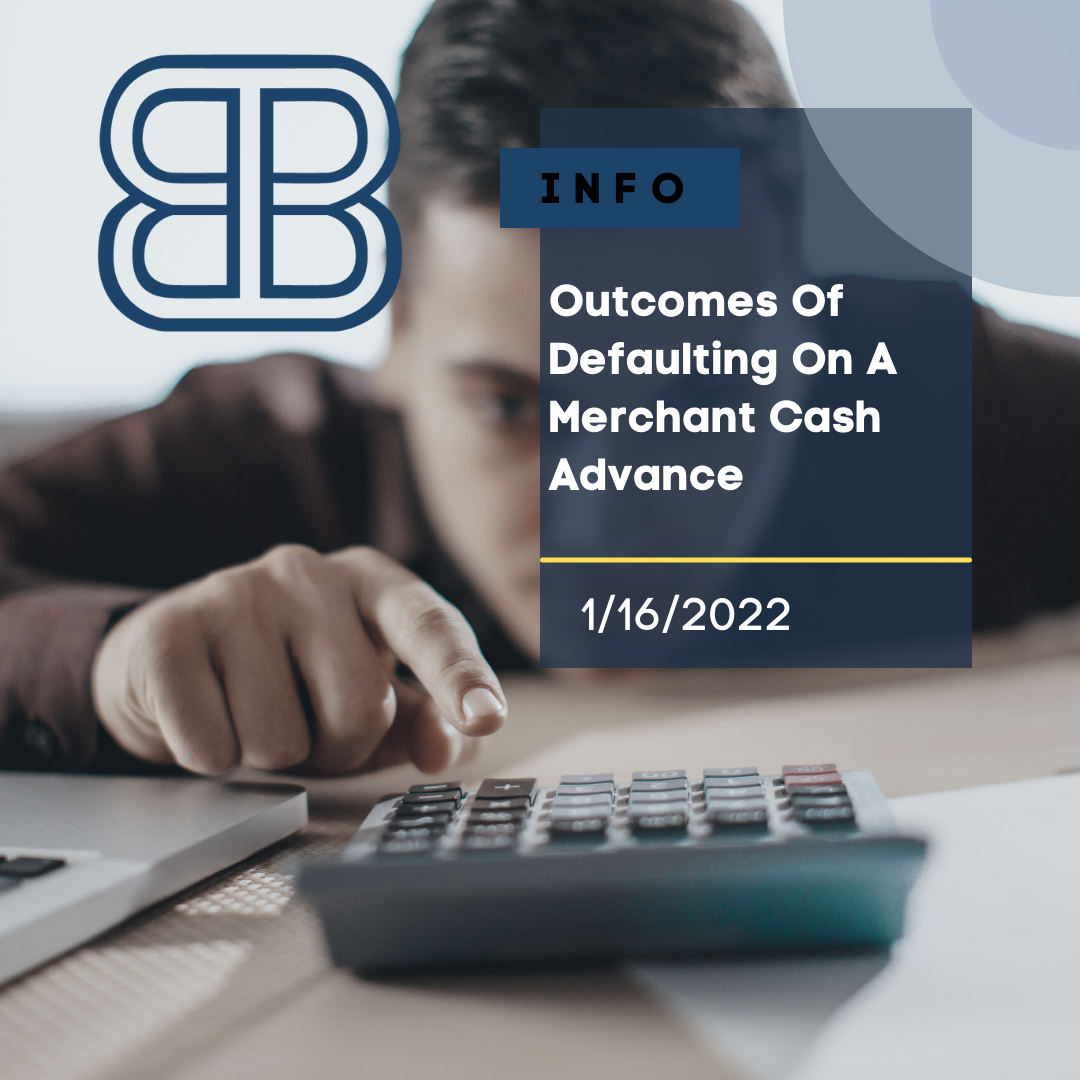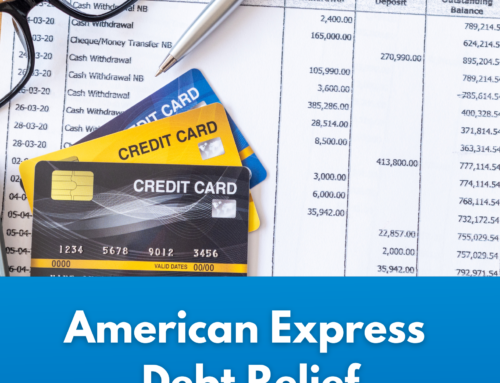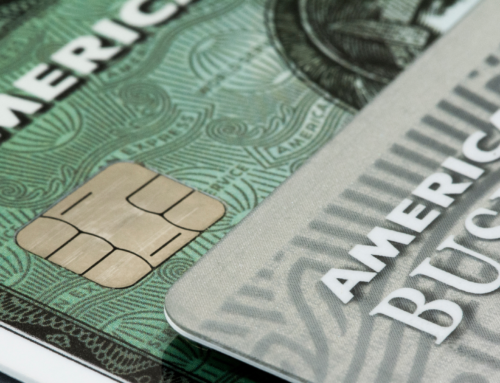A merchant cash advance involves a contract between you and your provider. If you stop making your payments, it could result in a merchant cash advance breach of contract, and the lender could sue you. The consequences of defaulting on a merchant cash advance agreement can be severe.
Small business lenders typically include a provision called a “confession of judgment” in these agreements and may also require you to sign a “personal guarantee”.
This means that both your personal assets and business will be in jeopardy. The best way to defend yourself if you are at risk of defaulting on a cash advance is to consult Berkovitch & Bouskila PLLC immediately.
Our attorneys work with businesses throughout New York City, Rockland County and beyond that are struggling under the weight of an MCA.
Our objective is to help your business avoid defaulting and restructure your merchant cash advance payments. When you enlist the services of Berkovitch & Bouskila PLLC, our seasoned legal team will work strategically to protect your business and personal assets.
To Get Immediate Free Consultation Contact at Berkovitch & Bouskila PLLC info@bblawpllc.com or 212-729-1477 in New York City and Rockland County, today.
Defaulting On A Merchant Cash Advance
Consequences of defaulting on an MCA depend on factors such as the amount of money and terms of the agreement that is outstanding. Because MCAs are not considered loans, they are not governed by usury or other laws that apply to other types of business loans.
In case your business is having difficulty repaying the cash advance, it may be possible to modify the repayment plan, provided that the MCA includes a reconciliation clause.
If your business defaults on a merchant cash advance, this might constitute a breach of contract, in which case the MCA company could file a lawsuit against you. Further, the MCA company will likely have included a clause in the agreement called a Confession of Judgment.
Potential Outcomes When You Default on a MCA
There are several outcomes that occur as a result of not repaying a merchant cash advance. If a business owner defaults on their payments:
- Increase Payable Amount
In case of default, the lender may be able to add fees and increase interest rates if the business owner does not make his or her payments. Some merchant cash advances may have “borrowers” fees.
For each month the business owner misses a payment, there will be an extra charge.
- Lower Credit Scores
In case of default, the lender can notify credit bureaus and their credit score can suffer as a result. Lower credit scores can make securing another loan in the future more difficult. Those who are able to secure a loan in the future may face higher interest rates.
- Impose Penalty
If a business owner defaults on their payments, other lenders may be able to impose a late fee, penalty or daily default payment fee that will tack on extra charges daily for missed payments.
For merchant cash advances that have flexible no-rate clauses, a lender may be able to adjust the amount (percentage) that is taken from the business owner’s account daily. This may spell trouble for businesses that are seasonal or go through slow sales periods.
With unexpected cuts into a business’ revenue, some borrowers may experience a shortage of funds.
- Confession of Judgment and MCA
A confession of judgment (COJ) is an agreement between the MCA company and the borrower whereby the borrower accepts liability for the merchant cash advance and waives all legal defenses if conditions of the agreement trigger a default.
A COJ clause basically permits the funder to avoid a lengthy legal proceeding and quickly move to recoup funds by filing a judgment with the court and seizing the business assets.
Because the borrower has waived their legal rights, the MCA company can obtain a judgment without presenting evidence to the court.
Therefore, the borrower has no recourse to defend itself or object to the judgment. After the COJ is filed with the court, the court will notify the borrower that a judgment has been entered and the MCA provider can begin levying business accounts and seizing business assets.
In short, using a confession of judgment allows an MCA provider to reduce its risk and increase the likelihood of being paid back by the borrower.
If the borrower is aware that they are at risk of forfeiting their business assets, then they are much more likely to ensure that the lender is repaid without triggering a default and an eventual judgment.
A confession of judgment can also prevent a borrower from obtaining additional cash advances that could further jeopardize future sales and revenue, placing the borrower at an even greater risk of default.
Ultimately, if your company fails to meet its obligations under an MCA, having a levy placed against the business assets may force you to close the business.
- Personal Guarantees and MCA
In addition to confessions of judgment, it has become increasingly common for MCA companies to require borrowers to sign personal guarantees.
This means that your home and other personal assets (savings, investment accounts, other personal property) will also be at risk if you default on the cash advance repayments.
Talk to an Experienced MCA Attorney Right Away!
Make no mistake; this process isn’t easy and defaulting is a scary prospect. The collection calls and harassment from the MCA can be challenging to deal with, especially when you need to focus on rebuilding your company. Don’t go through it alone. Berkovitch & Bouskila PLLC are experts at resolving these situations, and we can provide the peace of mind and successful resolution you seek.
Avoid pulling the trigger on anything, though, until you’ve had the time to research and compare all of your potential paths. And don’t forget that you can get a free consultation with Berkovitch & Bouskila PLLC, where we have decades of experience dealing with debt and debt collectors. Contact at Berkovitch & Bouskila PLLC info@bblawpllc.com or 212-729-1477 to get started.







Leave A Comment